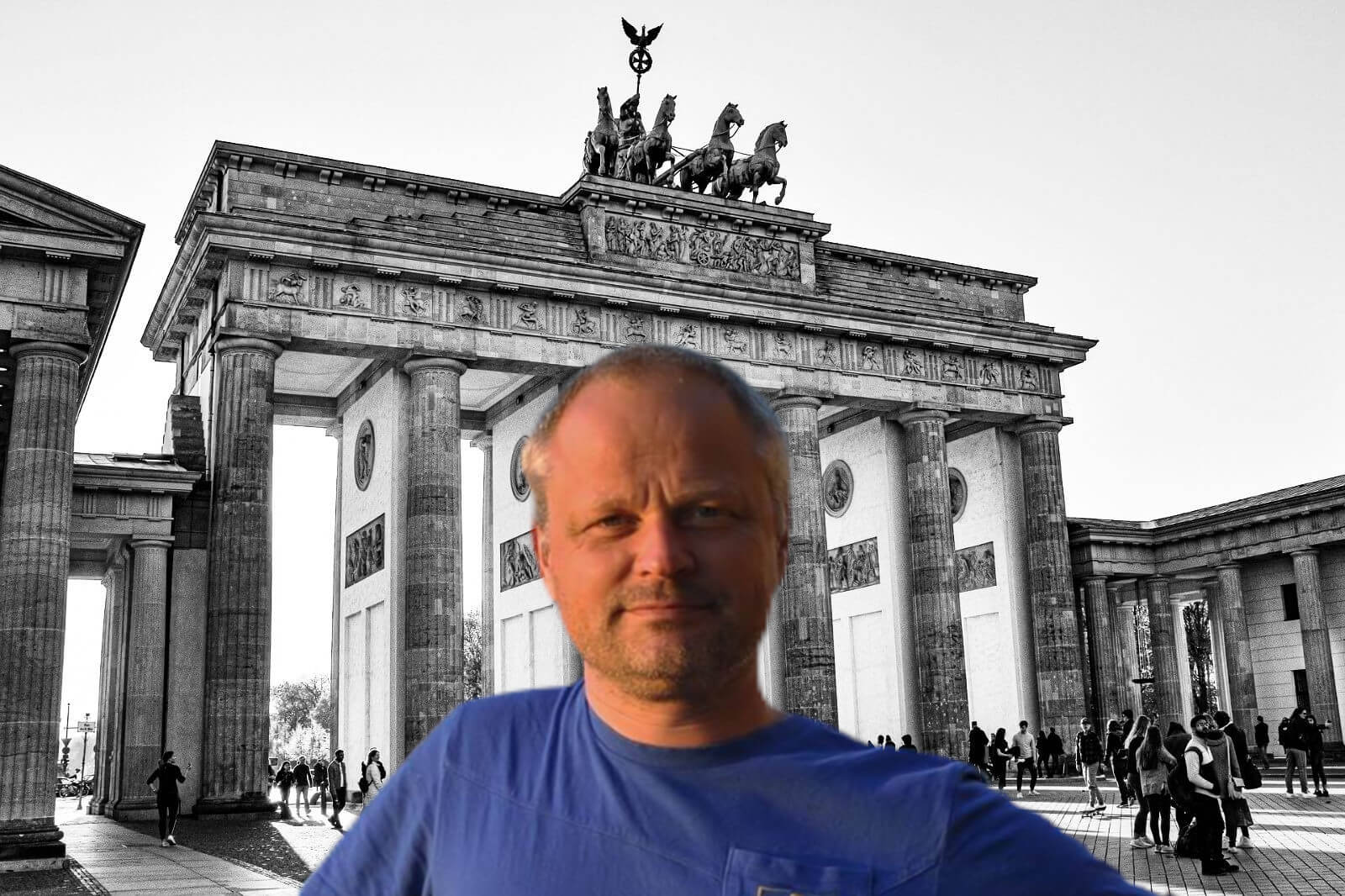
“We want to become the world’s No. 1 in hydrogen technology.” This is the first sentence in the press release issued by the German Minister Peter Altmaier (energy and economic affairs), which says a lot about Germany’s hydrogen ambitions. Berlin wants desperately to avoid missing the boat on this key technology”and is therefore allocating 8 billion euros to support 62 hydrogen projects.
During the press conference, he held up a beautiful map with all the projects marked on it. What immediately stands out is that there are relatively a lot of projects in former coal regions along the Dutch border and in the east of the country. The north of Germany is also well catered to. This has to do with the fact that there are many offshore wind projects in the vicinity that would supply the electricity needed for hydrogen production.
Altmaier hopes that the government subsidies will have a sort of flywheel effect, whereby every billion euros from the government should lead the private sector investing four times that amount. Which means that the total investment sum could reach an estimated 33 billion euros over the coming years.
Industry politics
It is a form of industrial politics that Altmaier says is unique in its magnitude. And very much in the interests of all Europeans. “With this, we are taking a big step towards a climate-neutral industry,” he said. All projects ahave therefore been dubbed IPCEI (Important Project of Common European Interest).

Meanwhile, there are plenty of misgivings in the scientific community about how big a role hydrogen will actually play. It is true that it is seen as a proven technology for temporarily storing green power for use at a later stage. Yet it is also an expensive technique and not particularly efficient, as a lot of energy is lost in converting green power into hydrogen and vice versa.
However, the German government is expecting technological innovations to overcome many of the disadvantages of hydrogen. Moreover, hydrogen – as almost all experts agree – is indispensable for a CO2-neutral heavy industry and the logistics sector.
Steel, chemicals and cars
This is also reflected in the projects that are being supported. For example, almost all steel companies are participating, including Arcelor Mittal, Stahl Holding Saar, Salzgitter and Thyssenkrupp. The same goes for the chemical sector and other energy guzzlers like BASF and Siemens.
On the North Sea coast, the Dutch company Shell is involved in a project together with Vattenfall, Mitsubishi and Wärme Hamburg. The Bavarian carmaker BMW is getting to work setting up a national infrastructure of filling stations. Of course, a lot of money is also going to technology companies like Bosch that will focus on improving fuel cells and hydrogen engines, for instance.
The funds come not only from the Ministry of Economic Affairs and Energy, but also from the Ministry of Transport and from the individual German states. The input is 4.4 billion, 1.4 billion and 2.2 billion euros respectively.
A complete overview of the projects can be found here and more articles on the topic of hydrogen here.







